Internet Explorer -
Using IE on the Start Screen

Internet Explorer
Using IE on the Start Screen


/en/internetexplorer/security-and-privacy-/content/
Whereas most versions of Windows come with one version of Internet Explorer, Windows 8 comes with two versions: one for the Start screen (sometimes called the Metro version), and one for the Desktop. This lesson will focus on the Start screen app, which is only available for Windows 8. You can review previous lessons in this tutorial to learn more about the Desktop version.
The Start screen version of IE is designed to be easily used with a touch screen. As a result, some features are more difficult to use if you have a mouse-and-keyboard setup. If you're used to older versions of Internet Explorer, you'll also find that some features have been moved, like the address bar and tabs. This lesson will help you become familiar with the IE Start screen interface.
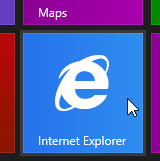
Click the buttons in the interactive to become familiar with the IE Start screen interface.
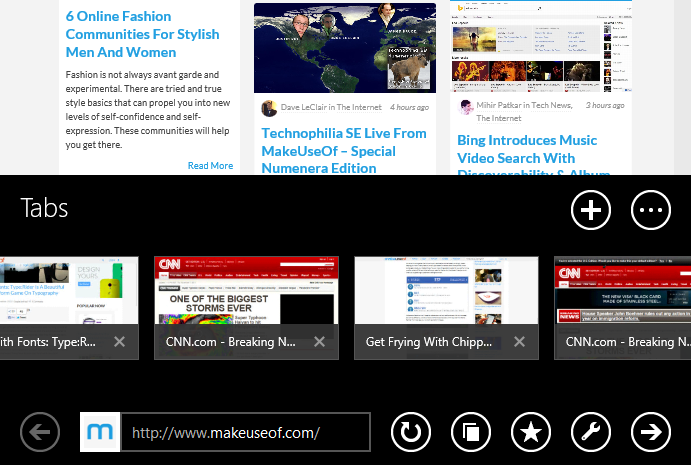
The Internet Explorer address bar allows you to navigate to websites and search the web. As you enter a search term or URL, the address bar will offer suggestions for webpages and search terms, which makes navigating faster and easier.
When you right-click anywhere on the screen, the address bar will open.

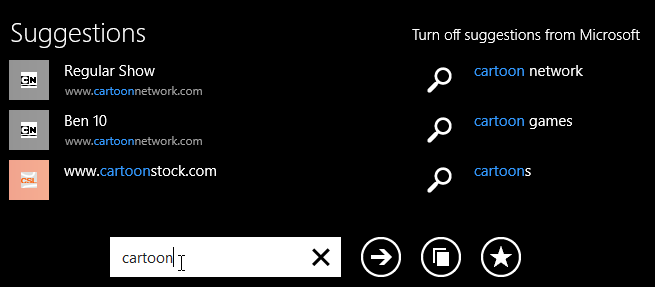
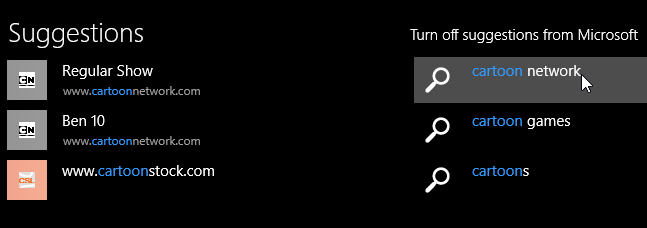
If you don't want the browser to suggest search terms as you type, click Turn off suggestions from Microsoft.
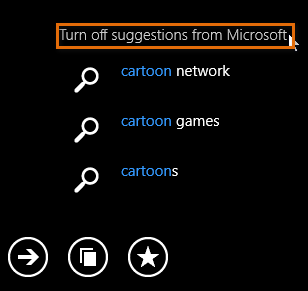
Internet Explorer allows you to open multiple websites using tabs. You can also open websites in a new window to view different sites side by side.
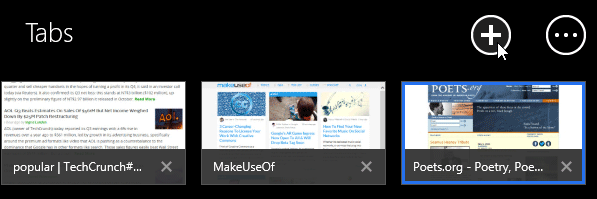
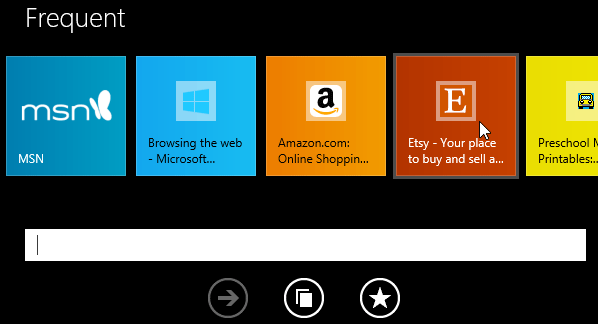


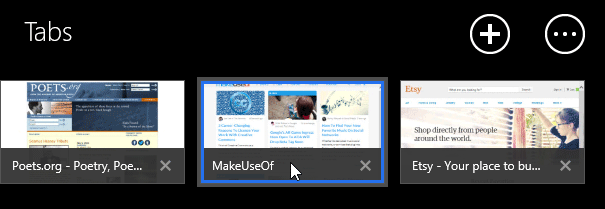
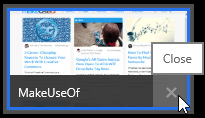
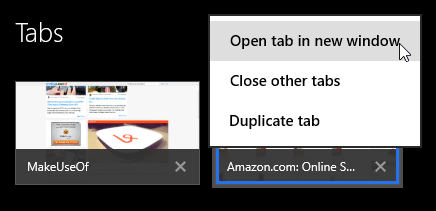

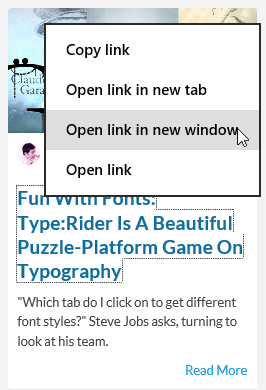
To close a window, click the top of the browser window and drag it to the bottom of the screen.
If you find a website you'd like to visit later, you can add it to your favorites, which most browsers call bookmarks. You can also pin a site directly to the Start screen.

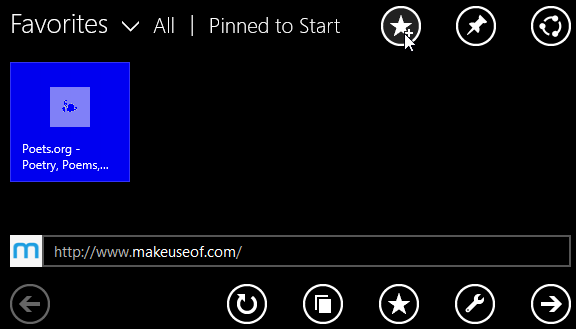
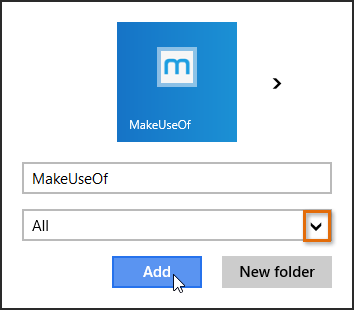
You can also press Ctrl+D on your keyboard to add a site to your favorites.
When you pin a website, Internet Explorer will create a shortcut for it, which will appear on your Start screen. Unlike favorites, pinned websites don't require you to navigate to the browser to view them.
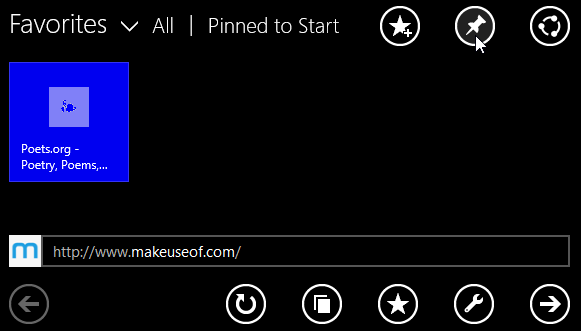
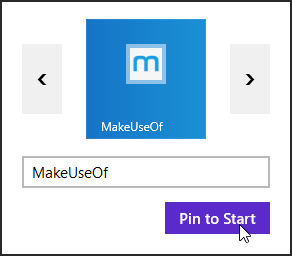
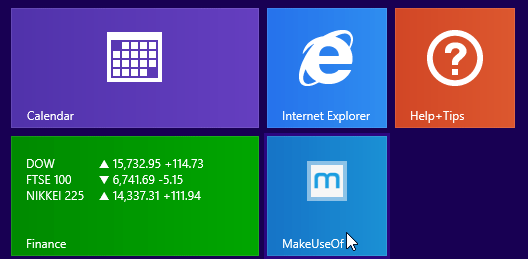
Like all browsers, IE keeps a browsing history for the websites you visit. You may want to clear your browsing history periodically for the sake of privacy.

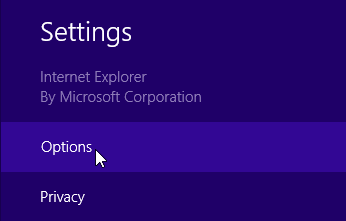
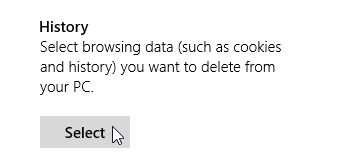
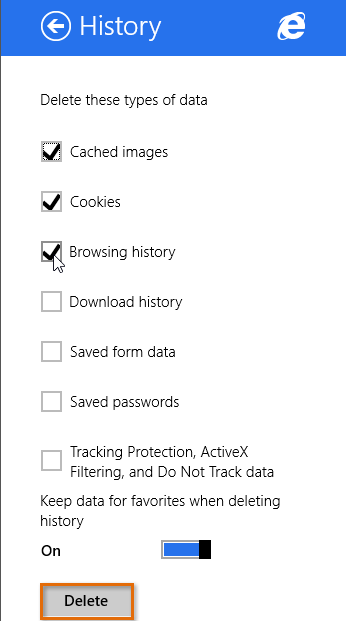
/en/internetexplorer/getting-started-with-internet-explorer-8/content/